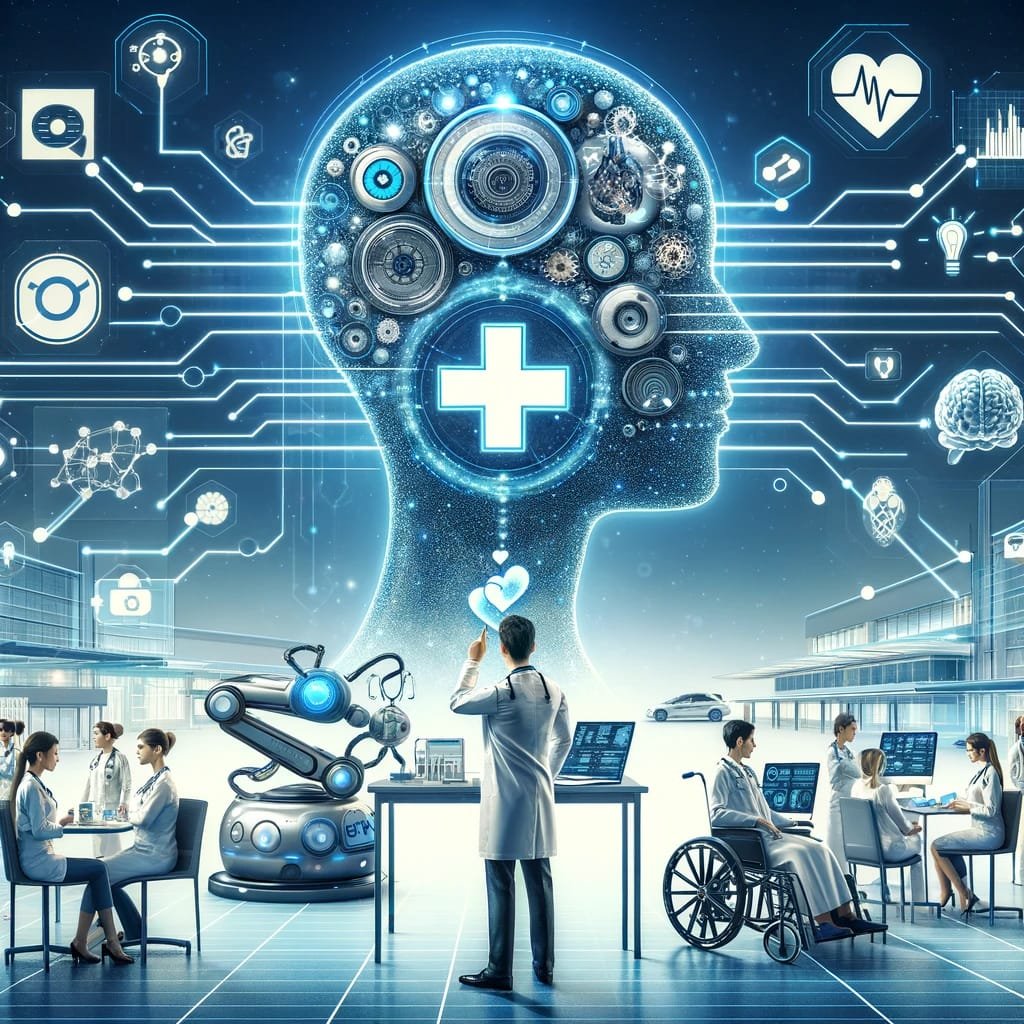Title: Exploring the Dynamics of Human Interaction with Artificial Intelligence
In an era marked by rapid technological advancements, the intersection of humanity and artificial intelligence (AI) has become increasingly prominent. From virtual assistants to autonomous vehicles, AI is permeating various aspects of our lives, fundamentally altering the way we interact with machines and each other. This symbiotic relationship between humans and AI raises profound questions about ethics, psychology, and the future of our society.
The Evolution of Human-AI Interaction
The journey of human-AI interaction began with simple commands and responses. Early AI systems were limited to performing predefined tasks with minimal understanding of context or nuance. However, as AI technologies have advanced, they have become more sophisticated, capable of processing natural language, recognizing patterns, and even learning from experience.
Today, AI-powered systems are deeply integrated into our daily routines. We ask virtual assistants for weather updates, rely on recommendation algorithms to discover new content, and entrust autonomous systems with driving our cars. These interactions have become so seamless that we often forget we’re engaging with artificial intelligence.
The Psychological Implications
The psychological implications of human-AI interaction are profound. Research suggests that people tend to anthropomorphize AI, attributing human-like qualities to machines, especially when they exhibit behaviors that resemble human actions. This phenomenon, known as the “uncanny valley,” highlights the complexities of our relationship with AI.
Moreover, the rise of social robots and chatbots designed to simulate human conversation has sparked debates about empathy, trust, and emotional attachment. Can humans genuinely form meaningful connections with AI? Or are these interactions merely superficial exchanges devoid of genuine emotion?
Ethical Considerations
As AI becomes more integrated into our society, ethical considerations surrounding its use become increasingly important. Issues such as algorithmic bias, privacy infringement, and job displacement loom large, prompting calls for greater transparency, accountability, and regulation.
Furthermore, the ethical dilemma of assigning moral responsibility to AI systems raises complex questions about autonomy and accountability. Who is responsible when an autonomous vehicle makes a split-second decision with life-or-death consequences? How do we ensure that AI systems adhere to ethical principles in their decision-making processes?
Shaping the Future of Society
The future of human-AI interaction holds both promise and peril. On one hand, AI has the potential to revolutionize industries, enhance productivity, and improve quality of life. On the other hand, unchecked development and deployment of AI technologies could exacerbate societal inequalities, erode privacy rights, and undermine human autonomy.
To navigate this uncertain terrain, it is imperative that we approach the integration of AI into our society with caution and foresight. This includes fostering interdisciplinary collaboration between technologists, ethicists, policymakers, and psychologists to develop ethical frameworks, establish safeguards, and mitigate potential risks.
Conclusion
The relationship between humans and AI is a multifaceted phenomenon that transcends technological innovation. It encompasses psychological, ethical, and societal dimensions that shape the way we perceive, interact with, and integrate AI into our lives. As we stand at the precipice of a future where AI plays an increasingly central role, it is incumbent upon us to navigate this evolving landscape with wisdom, compassion, and foresight. Only then can we harness the transformative potential of AI while safeguarding the values and principles that define our humanity.



